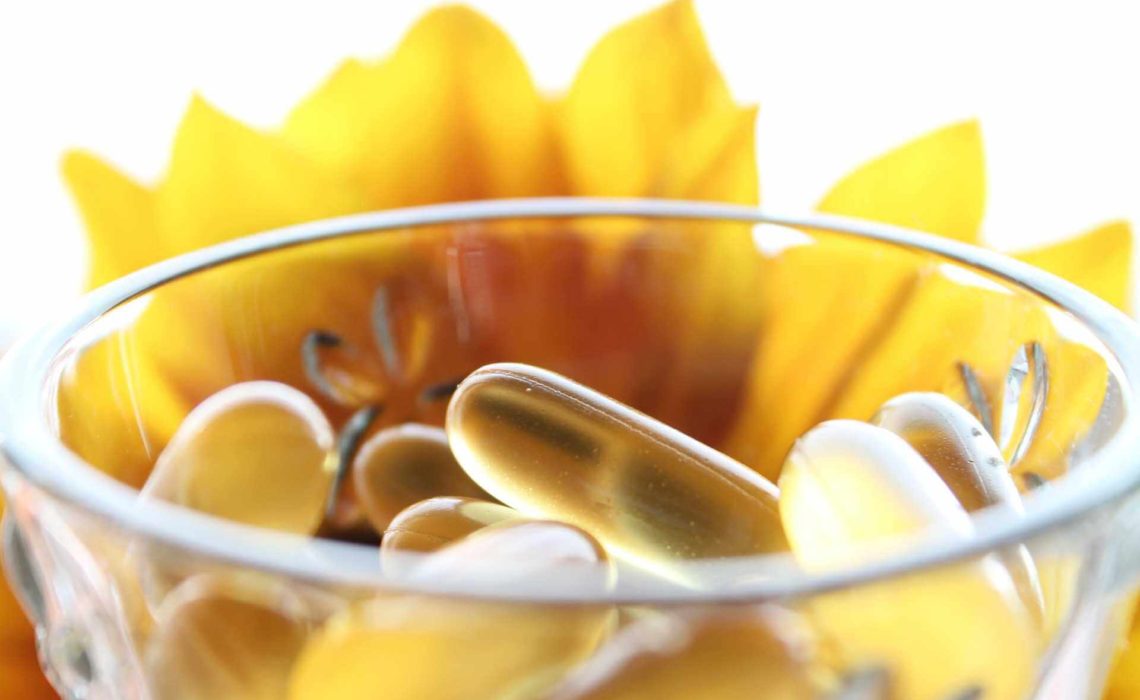Probiotics have become a sensitive subject as far as our health is concerned. On one hand, there are numerous scientific studies testifying to their health benefits. We also have probiotics for bacterial vaginosis that are so beneficial for women. On the other hand, research shows that, in certain circumstances, probiotics can have adverse effects.
When do the benefits outweigh the risks and are probiotics worth taking? That is for you to decide. However, reviewing the findings so far and the benefits at stake may help. We will do that in the following lines.
The Findings So Far and What They Mean
Table of Contents
1. The Good
As mentioned above, research has already confirmed that probiotics have valuable health benefits and are excellent candidates for treating various health conditions, such as:
- Gastrointestinal disorders
- Diarrhea (antibiotics-associated, chemotherapy related, traveler’s, etc.)
- Clostridium difficile infections
- Constipation
- Diverticular disease
- Irritable bowel syndrome
- Inflammatory bowel disease
- Colic, sepsis, and necrotizing enterocolitis in infants
- Dental disorders
- Periodontal diseases
- Dental caries
- Allergies
- Allergic rhinitis
- Atopic Dermatitis
- Acne
- Urinary tract infections
- Vaginal infections (yeast infections and bacterial vaginosis)
- Hepatic encephalopathy
- Upper respiratory infections
2. The Bad
The safety concerns regarding the use of probiotics refer to their evolution once they reach the gut, and their effects on users suffering from severe illnesses or having compromised immune systems. For example, probiotic supplementation may hinder the results of some types of immunotherapy in cancer patients. Also, it may lead to an increase in lactc acid secretion in users with a diet high in sugar.
There are also product safety concerns, as most probiotics are sold as dietary supplements and are not subject to FDA regulations. This means that manufacturers can use any strains they wish, in whatever counts they wish. It also means that there are no minimum guarantees regarding production standards, viability, etc.
You know what they say: everything that is not clearly prohibited is allowed. Since probiotic supplements are very poorly regulated, the market has been invaded by numerous products promising the moon and the sky and delivering nothing or close to nothing.
Drawing the Line: Are Probiotics Good or Bad?
Does this mean that you should stop taking probiotic supplements for fear of the risks discussed above? As mentioned above, that is your decision entirely. However, why do we have to see things as black or white? Why not accept that they are sometimes grey, and they may look lighter or darker, depending on the background and context?
The idea is that, once you are aware of the risks, you can take measures to mitigate them. Here are a few aspects you should take into account:
- Probiotics is just a general term that refers to hundreds of bacterial strains, some more studied than others, each with their own benefits and risks.
- There are hundreds, if not thousands of probiotic manufacturers out there, some adhering to strict standards, others committed only to profits.
- Each person is different, has different health issues, and responds differently to various types of treatments.
You could significantly decrease the risks related to probiotic use by following a few simple and intuitive steps. We will review the most important of them in the following lines:
Steps to Mitigate the Risks Associated to Probiotic Use and Enjoy the Benefits
1. Have a Clear Assessment of Your Health Condition
Before taking probiotics to treat any health condition, it is important to accurately diagnose the respective condition. Otherwise, you could be treating an inexistent condition and allow the one you suffer from to aggravate.
Also, it is important to be aware of any conditions or health complications that could increase side effects risks or prevent you from enjoying the benefits associated with probiotic use. For example, if you are in generally good health, chances are you will see no side effects.
However, if you suffer from some severe illness and are taking treatment for it, probiotics may interfere with the treatment or aggravate your existing illness. The least you can do is analyze the perspective of taking probiotics with your treating physician. They can help you choose the right formula for you and monitor your condition, so as to uncover potential risks and mitigate them.
2. Choose Your Strains Carefully
As mentioned above, there are numerous probiotic strains and products with various formulas out there. Some supplements contain one or two strains, while others blend tens of different strains. It makes sense to take a probiotic blend rather than multiple single-strain supplements.
However, when choosing, make sure that the supplement you choose contains the specific strains that you need and stay away from new unresearched strains. For example, you should be safe taking a probiotic blend based on Bifidobacterium Bifidum, Lactobacillus Acidophilus, Lactobacillus Rhamnosus, Saccharomyces Boulardii, or Bacillus Coagulans.
You should think twice and do your homework before taking blends containing newer and less studied strains like Clostridium Butyricum. Also, it makes sense to choose a symbiotic, a product that contains prebiotics as well, rather than a probiotic alone and risk to have the good bacteria starve to death before or after reaching your gut.
3. Choose Your Product Carefully
Knowing what strains you need in order to reap the health benefits you are after is only one step in a more complex process. You also need to find the product that delivers the respective strain. Here are a few features to look for when choosing your probiotic supplement:
- Produced in GMP facility by reputed manufacturer
- Tested by a 3rd party
- Formulated by doctors
- Clear formula targeting specific benefits
- Free of allergens, GMOs, additives
- Guaranteed strain viability
- Manufactured in USA
- Minimum or no side effects
- Positive user feedback on third party websites
Final Thoughts on Probiotics Safety and Health Benefits
There is no denying that probiotics can benefit our health. They can represent a viable alternative or addition to more invasive and difficult to tolerate treatments like antibiotics. Of course, they are not risk free, so it is important to be aware of the risks and take measures to mitigate them.
We have already explained how you can do that above. Of course, even after following the advice above and finding the right probiotic supplement for you, it is important that you look out for side effects and consult as doctor or interrupt use if you notice something unusual. It is always better to be safe than sorry!
Author Bio: Dani Fogel is a Communication Coordinator at Brandable, based in Los Angeles, CA. She works on the Queen V brand within the company’s Digital and Ecommerce department.
- How To Create A Safe And Comfortable Home Environment For In-Home Care In Boca Raton? - July 16, 2024
- 10 Trendy Black Nail Ideas To Elevate Your Nail Game - May 6, 2024
- Getting A Free Divorce In Virginia? Here’s What To Expect - April 24, 2024





No Comments